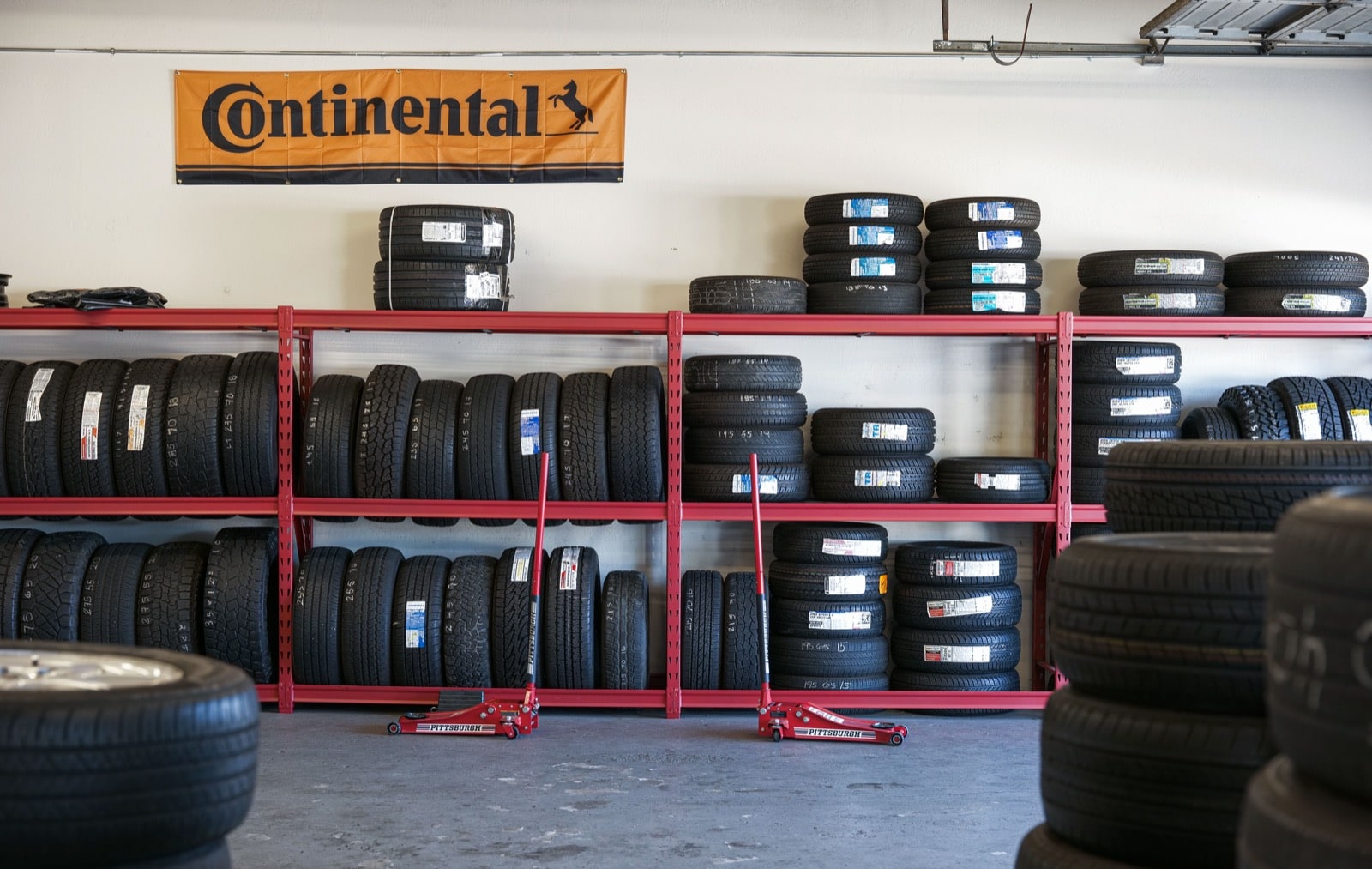Accelerate Your Drive with Morris Tire: Your Reliable Tire Shop Near Me
Accelerate Your Drive with Morris Tire: Your Reliable Tire Shop Near Me
Blog Article
The Ecological Advantages of Appropriate Tire Maintenance
Maintaining appropriate tire care is typically ignored, yet its influence on the environment is extensive. From minimizing fuel intake to reducing emissions result, the advantages are far-reaching. Correct tire maintenance not just expands the lifespan of tires yet also decreases land fill waste and adds to improved air top quality. The interconnectedness of these benefits highlights the crucial function that simple upkeep methods can play in promoting ecological sustainability.
Lowered Fuel Usage
Improving tire maintenance techniques can lead to a substantial reduction in fuel usage for automobiles. According to the United State Division of Power, underinflated tires can reduce gas mileage by 0.2% for every 1 psi decrease in stress in all 4 tires.
Along with tire pressure, routine tire rotations and positionings also play a critical duty in gas performance. Unevenly worn tires can enhance fuel consumption as the engine functions harder to keep rate and grip. By preserving correct placement and revolving tires at advised periods, vehicle drivers can make certain also extend the life and use of their tires, ultimately saving gas and lowering their carbon impact.
Extended Tire Life Expectancy
Prolonging the lifespan of tires is a key facet of reliable automobile maintenance practices that can generate price financial savings and ecological advantages in the lengthy run. By appropriately keeping tires, drivers can dramatically lengthen their functionality, minimizing the regularity at which brand-new tires require to be made and old ones gotten rid of. This not only preserves important resources but also decreases the power and emissions related to tire production and disposal processes.
Consistently inspecting tire pressure, revolving tires, and making sure proper alignment are essential actions in expanding tire life expectancy. Sufficient step depth is critical for ideal grip and safety, yet it also contributes in how lengthy tires can be made use of before requiring replacement. In addition, avoiding hostile driving behaviors that increase tire wear, such as extreme braking and doglegs, can better boost tire longevity.
Inevitably, increasing the longevity of tires via aggressive maintenance not only profits the atmosphere by minimizing waste and conserving resources however also results in set you back financial savings for automobile proprietors by postponing the demand for brand-new tire purchases.
Reduced Discharges Result
Efficient tire upkeep techniques add to a decrease in discharges output, aligning with ecological sustainability objectives in the auto market. By preserving ideal tire pressure levels, chauffeurs can assist minimize these adverse environmental impacts.
Moreover, well-maintained tires additionally boost grip and minimize rolling resistance, even more enhancing gas efficiency. This, subsequently, reduces the quantity of exhaust gases launched into the atmosphere. In addition, making sure tires are correctly inflated and straightened can prolong the lifespan of the tires, lowering the regularity of tire replacements and the associated ecological expenses of tire manufacturing and disposal.

Lowered Land Fill Waste
Offered the favorable influence of correct tire upkeep on minimizing discharges outcome, one more considerable environmental benefit is the potential for decreased landfill waste. By making sure that tires are effectively blown up, straightened, balanced, and rotated on a regular basis, their life expectancy can be substantially prolonged.

Improved Air Top Quality
Enhancing air top quality with correct tire maintenance techniques is an essential facet of sustainable ecological stewardship. When tires are underinflated, they develop much more moving resistance, resulting in raised fuel usage and greater emissions of dangerous pollutants such as carbon monoxide gas and nitrogen oxides. Appropriately inflated tires not just improve fuel effectiveness yet also minimize the quantity of pollutants released right into the air.
Furthermore, properly maintained tires with correct tread depth and placement add to more secure driving conditions, minimizing the likelihood of mishaps that can cause the launch of additional contaminants right into the atmosphere. By prolonging the life expectancy of tires via routine maintenance and turning, fewer tires are disposed of too soon, decreasing the environmental impact of tire disposal and manufacturing procedures.
Conclusion
In verdict, correct tire upkeep offers numerous environmental benefits. By reducing fuel consumption, extending tire see here life-span, decreasing exhausts result, lowering land fill waste, and enhancing air high quality, individuals can contribute to a healthier earth. These initiatives not just profit the atmosphere but also help to preserve sources and minimize general environmental impact. It is vital for individuals to prioritize tire upkeep as a straightforward yet efficient method to safeguard the environment for future generations.
Appropriate tire maintenance not just expands the life expectancy of tires however also lowers landfill waste and adds to improved air top quality - morris tire service. By preserving correct positioning and revolving tires at recommended periods, motorists can make see this sure even put on and prolong the life of their tires, inevitably saving gas and decreasing their carbon impact
By correctly keeping tires, chauffeurs can significantly lengthen their usability, minimizing the regularity at which new tires require to be made and old ones disposed of.Consistently checking tire stress, revolving tires, and guaranteeing correct positioning are crucial steps in expanding tire lifespan. Additionally, making certain tires are correctly pumped up and straightened can extend the life expectancy of the tires, lowering the frequency of tire replacements and the connected ecological prices of tire manufacturing and disposal.
Report this page